Garver, airport leaders discuss industry outlook
As part of a virtual panel discussion about the effects of COVID-19 on airports and their outlook for recovery, Garver spoke with three aviation leaders from across the country. These experts included:
Mark Day, PE, A.A.E., Director of Development and Facilities at Blue Grass Airport in Lexington, Kentucky, who is responsible for airport planning, development, environmental compliance, and all maintenance functions.
Marissa Sanchez, MBA, Assistant Director for the City of Dallas Department of Aviation, who oversees the internal services divisions based at the award-winning medium-hub airport Dallas Love Field. She is also over the City’s general aviation site, Dallas Executive Airport and the central business district vertiport.
Ronald F. Mathieu, C.M., President and Chief Executive Officer of Birmingham-Shuttlesworth International Airport, who oversees the operations of the Birmingham-Shuttlesworth International Airport in Birmingham, Alabama. Mathieu is responsible for the overall administration, operations, maintenance, development, and continued growth of the airport.
During the discussion which took place during Garver’s annual Owner’s Meeting held this year in Fort Worth, Texas, Griffin and the panel of industry experts touched on a range of topics related to the last year in the aviation industry as well as the path forward. Below are a few of the insights the panelists shared:
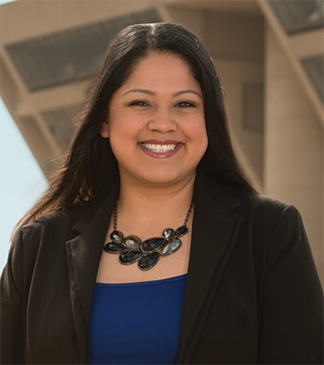
Marissa Sanchez, City of Dallas Department of Aviation:
On what concerns were faced by her airport:
When this started, we didn’t know how long it was going to last and [whether] our passenger traffic was going to come back, and how quickly? So, those financial concerns were really the priority. Our focus very quickly became: How do we make people feel safe at the airport? … [Implementing] employee [temperature] screening was really to make our passengers feel safe, but it also made our employees feel safe. From that, Southwest Airlines, because they're headquartered here, decided to make Love Field a pilot site for passenger-temp screening to see what that would look like. … What we found was that less than 5% of passengers -- I think it was probably even less than 2% of passengers -- ever had an elevated temp. There was no social pushback. It actually did accomplish the mission of making people feel safer about coming back to the airport.
On what she would have done differently:
In the beginning, there was a lot of unknown. How long would this last? What would the true impact be? But I think on an executive leadership level, we knew travel would come back. So we knew that we didn't want to completely cancel projects. We did continue to move forward, making sure that we had some projects that we were working on that we wanted to continue putting out. You know: "Let's get the design put together. Let's have it ready." Now, we did reprioritize some of our projects, and some of them were put on hold -- but we didn't necessarily say, "Let's cancel them all together." But I don't think the length of the crisis has really been the issue. I think for us, if we would have had a crystal ball and known it was coming, we've got a very big runway project that we probably would have scheduled for much earlier in the year because we're shutting down one of our runways completely. So, that would have been good to know, because it would have been a perfect time. ... We did push forward some of our concessional projects and some other things that we were able to get wrapped up sooner. But I think, overall, we were positive from the beginning. So we kept pushing forward.
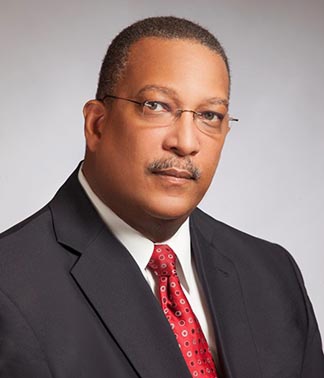
Ronald F. Mathieu, Birmingham Airport Authority
On lessons that can be learned from the pandemic:
I think that the lesson that we should walk away from ... [there] are good lessons that our grandparents used to tell us, and that is to always prepare for a rainy day. I think we should, as we go forward, have larger reserves, and anticipate that there might be a financial stress on the airport. And if there is, how are we going to answer the questions that we didn't even think to ask before the pandemic? So I think that we need to manage our debt load. I think that we need to be a little bit more aggressive about applying best practices, whether it's a rental car agreement, a concession agreement, contract agreements, airline agreements, and so forth.
On how he sees recovery taking shape going forward:
I think what we have noticed throughout the recovery is that our leisure travel is kind of the leading the way. At least, that's kind of what I've seen here. And business travel is just starting to come back. And as people have gotten vaccinated, I've heard so many people say, "I'm going to get vaccinated, and I'm going to go somewhere -- I don't care. Anywhere. I'm just sick of being in the house, I'm sick of being here," and so forth. And that has helped. At this point, we're about 63% north of 2019 levels (of utility). And that is better than I thought it would be, at this point. At one point, we were talking a three- to five-year recovery. I'm hopeful that will actually be better than what we've anticipated.
Mark Day, Blue Grass Airport
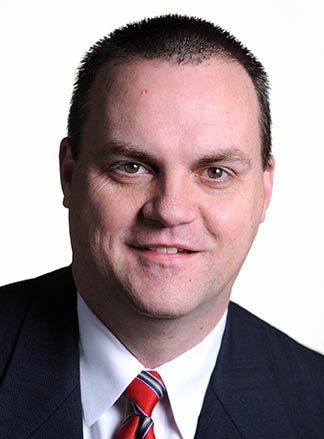
Mark Day, Blue Grass Airport
On the biggest challenges to recovery:
There's multiple pieces of this. It's not just material prices. There's definitely supply-chain issues. We hear stories nationally about beef and now chicken [and] the car rental industry. ... The car rental industry sold off a lot of their vehicles. And now there's a shortage nationwide because of the chips that need to go in these vehicles. So we're going to see it, not just on the construction side, we're going to see it on other services that feed our airports as well.
On how the industry can plan for events like the COVID-19 pandemic:
I think this just emphasizes the resiliency that we need to have on the business side. There are going to be other disruptors, whether it's a health-related thing or just some other [Sept. 11]. There are many impacts. Can we try to prepare? I don't know. Because every time we get hit with one of these, it's something completely new. And so we definitely need to be forward-thinking in our resiliency.
To learn more about what Garver's Aviation Team can do for you, visit our Aviation services page.

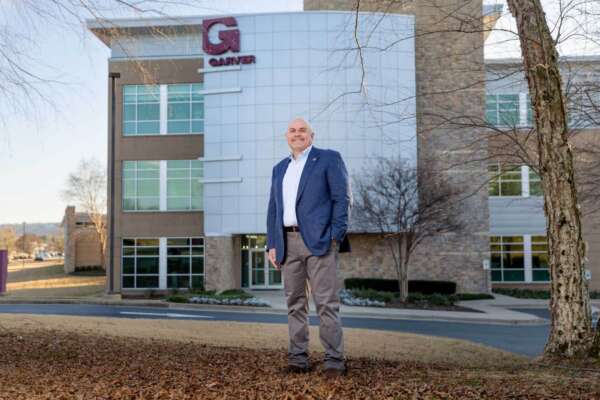

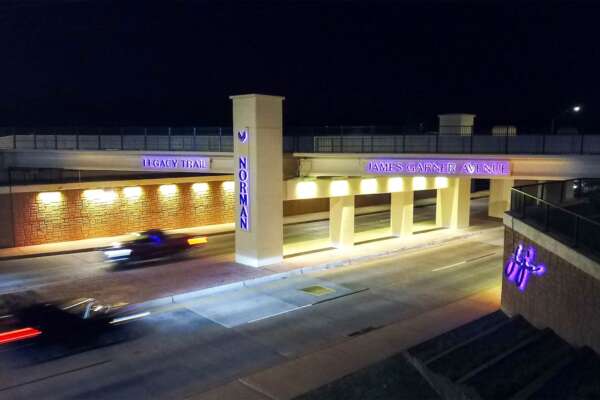
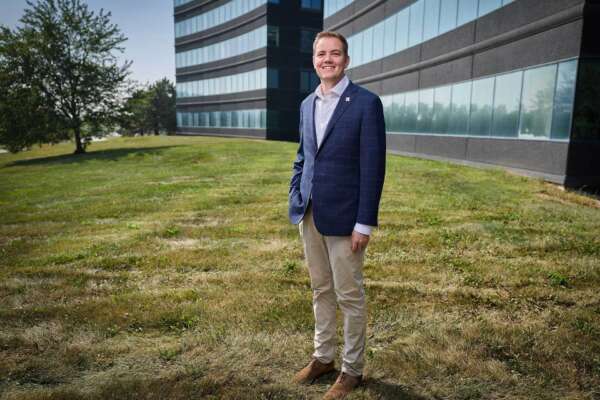
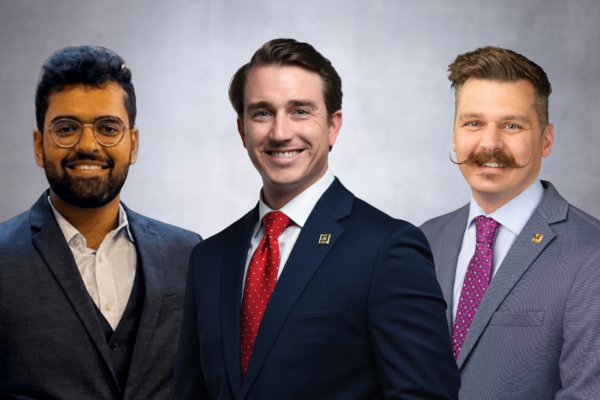
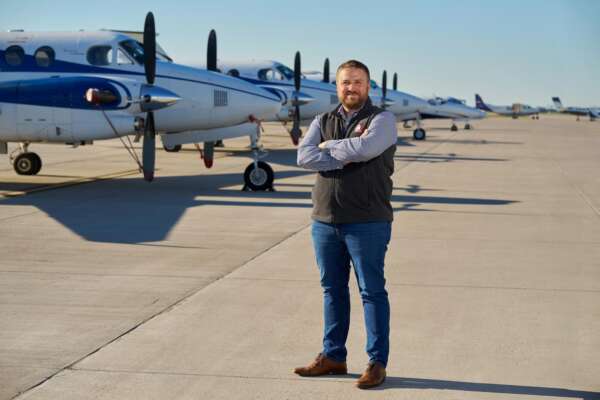
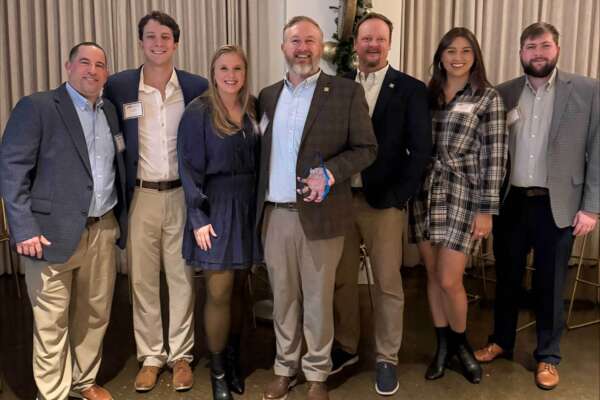

Share this article